
Celiac.com 12/13/2016 - One in five people with celiac disease have a sensitivity to oats. Could that be the real issue behind claims of adverse reactions to Cheerios and other General Mills products?
In an effort to answer questions regarding the safety of gluten-free Cheerios for people with celiac disease, we recently ran an article on warnings by the Canadian Celiac Association that Cheerios, and other General Mills cereals labeled 'Gluten-Free' are unsafe, are likely to be contaminated with trace amounts of gluten.
Celiac.com Sponsor (A12):
Celiac.com found those claims to be lacking in evidence, and grounded mainly on unsupported claims that the proprietary process used by General Mills to sort oats is somehow problematic, and likely to permit 'hot spots' of gluten contamination that can exceed the 20ppm gluten-free FDA standard. Along with unsupported claims about General Mills' sorting process, the Canadian Celiac Association seems to base their opinion on vague claims of unnamed people with celiac disease suffering adverse reactions after eating the cereals.
Yet, so far, no one has documented any actual problem with General Mills' method for sorting gluten-free oats, and certainly no one has shown any kind of a systemic problem, as the Canadian Celiac Association seems to allege. No evidence has been offered up to support any such claims. Again, to our knowledge, no one has provided any evidence of any actual gluten contamination in any box or batch of General Mills Gluten-Free cereals. Interestingly, that very lack of evidence to support claims of gluten contamination is cited by the Celiac Disease Foundation in its endorsement of General Mills Gluten-Free cereals.
Open Original Shared Link, and the Celiac Disease Foundation recently indicated in a response to a question on this topic posed by "cyclinglady," who is a Celiac.com board moderator, that nearly 20% of people with celiac disease may also suffer from oat sensitivity, and they suggest that oat sensitivity is the likely culprit behind any sensitivities to the product.
The Celiac Disease Foundation's full letter was posted on Celiac.com's Gluten-Free Forum by cyclinglady reads as follows: "This is interesting. I sent an email asking the Celiac Disease Foundation about gluten-free Cheerios which they endorse/support, but the Canadian Celiac Disease Organization and the Gluten Free Watchdog do not? What do you all think?"
So, once again, the Celiac Disease Foundation endorses General Mills Gluten-Free Cheerios, and by implication, Lucky Charms and other cereals, as safe for people with celiac disease, with no medical evidence to the contrary. However, they do recommend that people with oat sensitivities avoid oat products. This runs counter to the warning by the Canadian Celiac Association that General Mills products were "unsafe" and the General Mills "had problems" with its sorting process.
The fact that the folks at the Celiac Disease Foundation, including those with celiac disease, say they eat Gluten-Free Cheerios provides another positive testimonial that Cheerios are safe for people with celiac disease. However, it really all boils down to basing any proclamations about gluten-free safety on actual evidence, not stories, or opinions, or things we heard.
In their letter, the Celiac Disease Foundation notes that "Our Medical Advisory Board has no evidence that General Mills gluten-free cereals are not safe for celiac consumption."
Until evidence appears to the contrary, the overwhelming evidence is that General Mills gluten-free Cereals, including Cheerios and Lucky Charms, among others, are safe for people with celiac disease, but should be avoided by anyone with oat sensitivities.
Anyone claiming they are not safe for people with celiac disease is simply not basing their claim on hard evidence. Of course, people should base their diets on their own experience, especially people with celiac disease, and/or sensitivities to oats or other things beyond gluten.
Stay tuned for news on this and other important gluten-free topics.
Sources:
- Cherrios and the Celiac Disease Foundation
- Open Original Shared Link
- Scientists Catch Culprit Oat Peptides That Trigger Celiac Immune Response
- Should Celiacs Eat Oats? Depends on the Oat
This article was updated on 12/14/2016 to include more sources, and to clarify the CDF's letter that was posted in our forum.
*Corrected to 8% on 12/14/2016 per Open Original Shared Link


.webp.881270134d5e25f326906ed09fc4cbe9.webp)
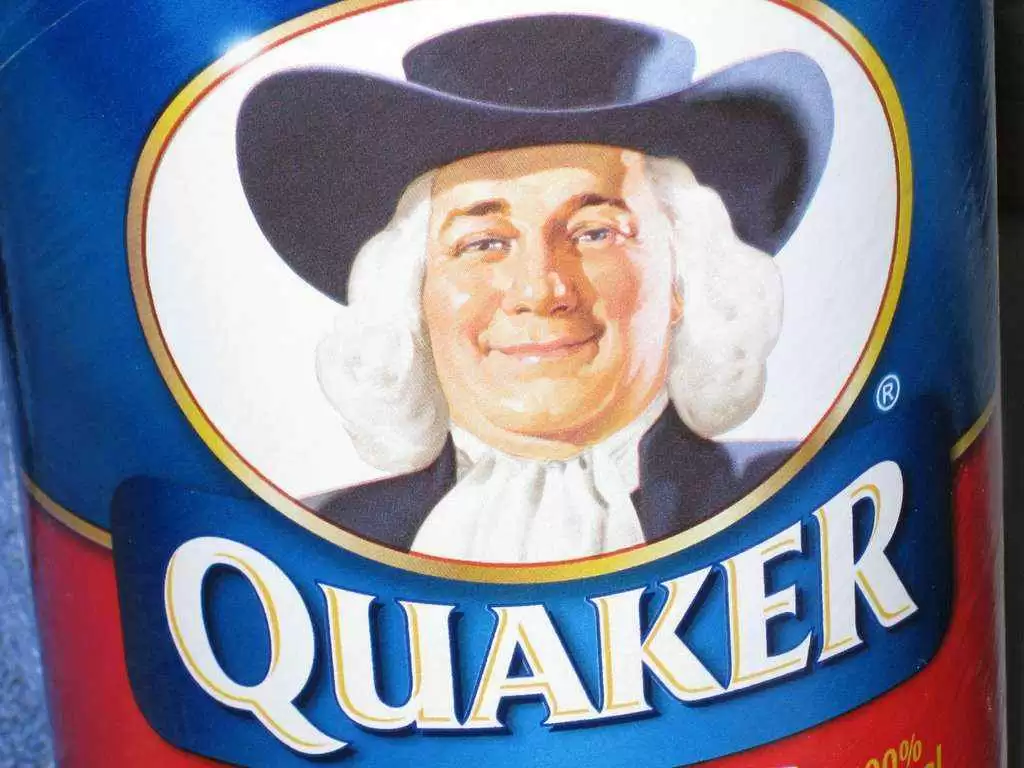
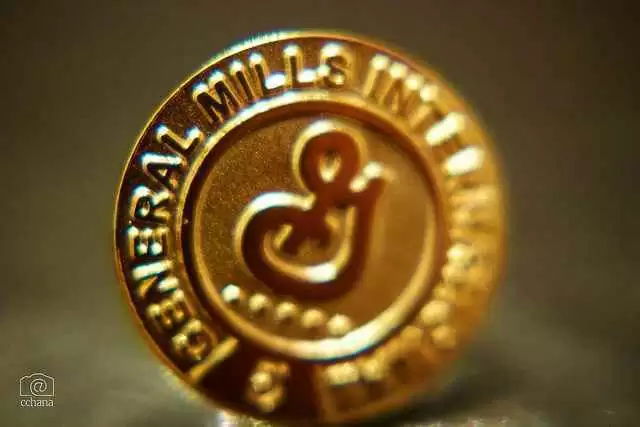
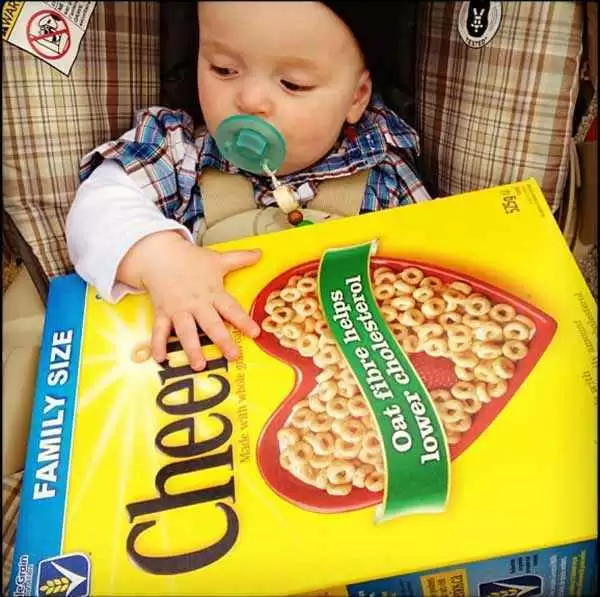
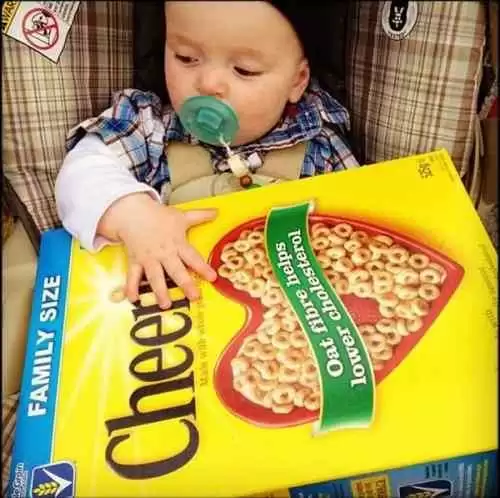
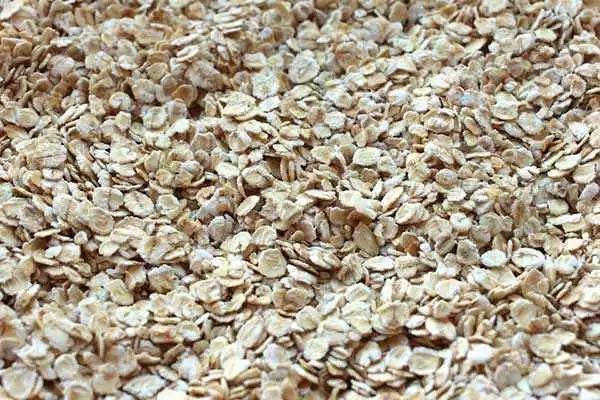



Recommended Comments